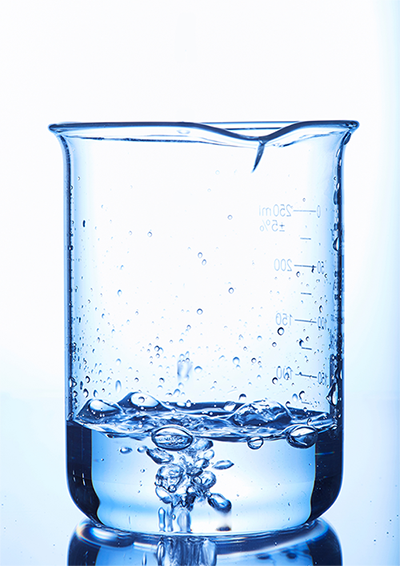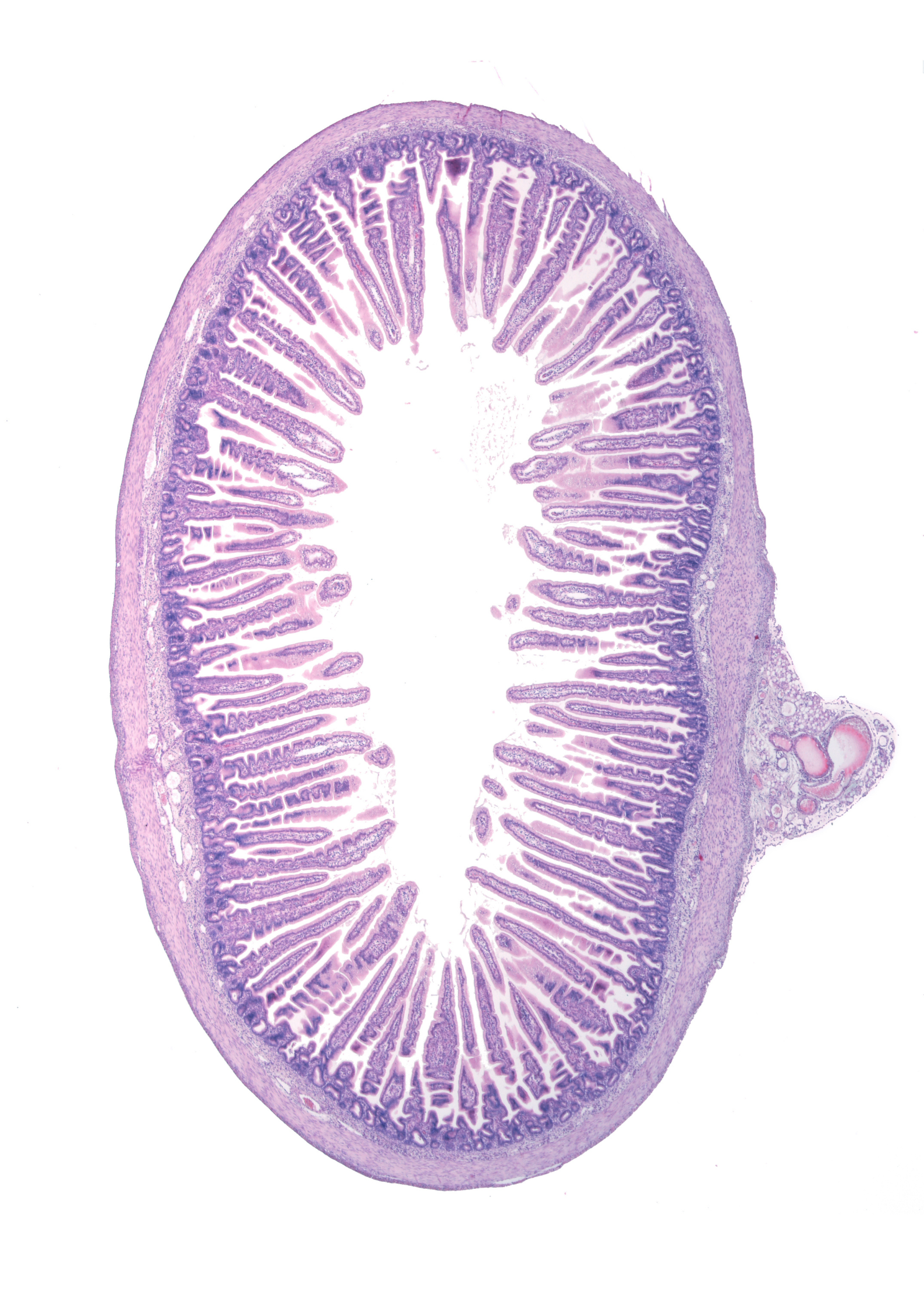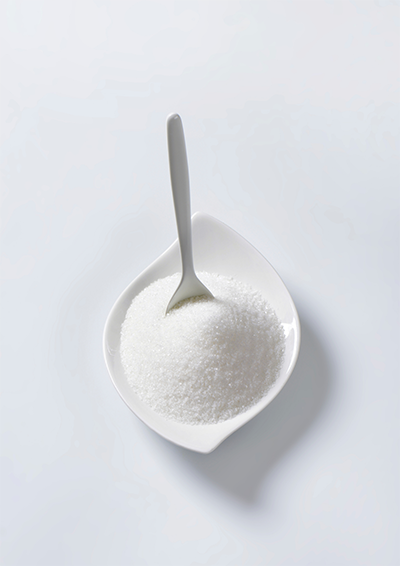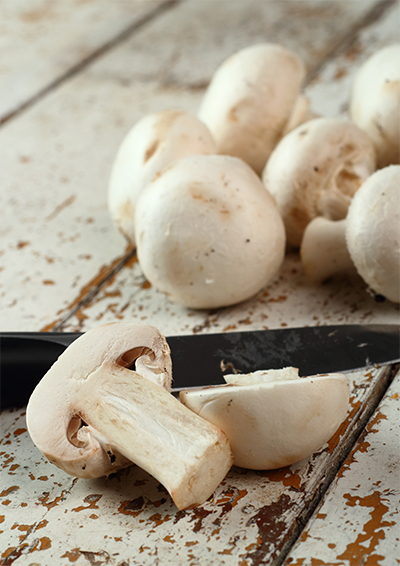Lactu-lose is a synthetic sugar unable to be absorbed by the body. The unabsorbed Lactu-lose will continue through the digestive tract and arrive into the large bowel in every human. There, the lactu-lose will be fermented by bacteria and gas will be produced (hydrogen and/or methane).
How is the Lactulose Test used?The Lactu-lose Test is compulsory as it is used to provide a baseline for each patient. The Lactu-lose test aids in the interpretation of results in many ways. Firstly, it gives an indication of a patient’s oro-caecal transit time. The test also assesses a patient’s level of hydrogen and methane production in order to cross-reference with subsequent sugar tests. Finally the Lactu-lose Test can be an indicator for the necessity of the SIBO test.
If the testing is done in the clinic, our clinic staff will administer the testing. If the testing is done at home, the patient post completed sample bags back to Stream Diagnostics. Both routes are highly accurate and reliable. Choosing between the two comes down to location and personal preference.






